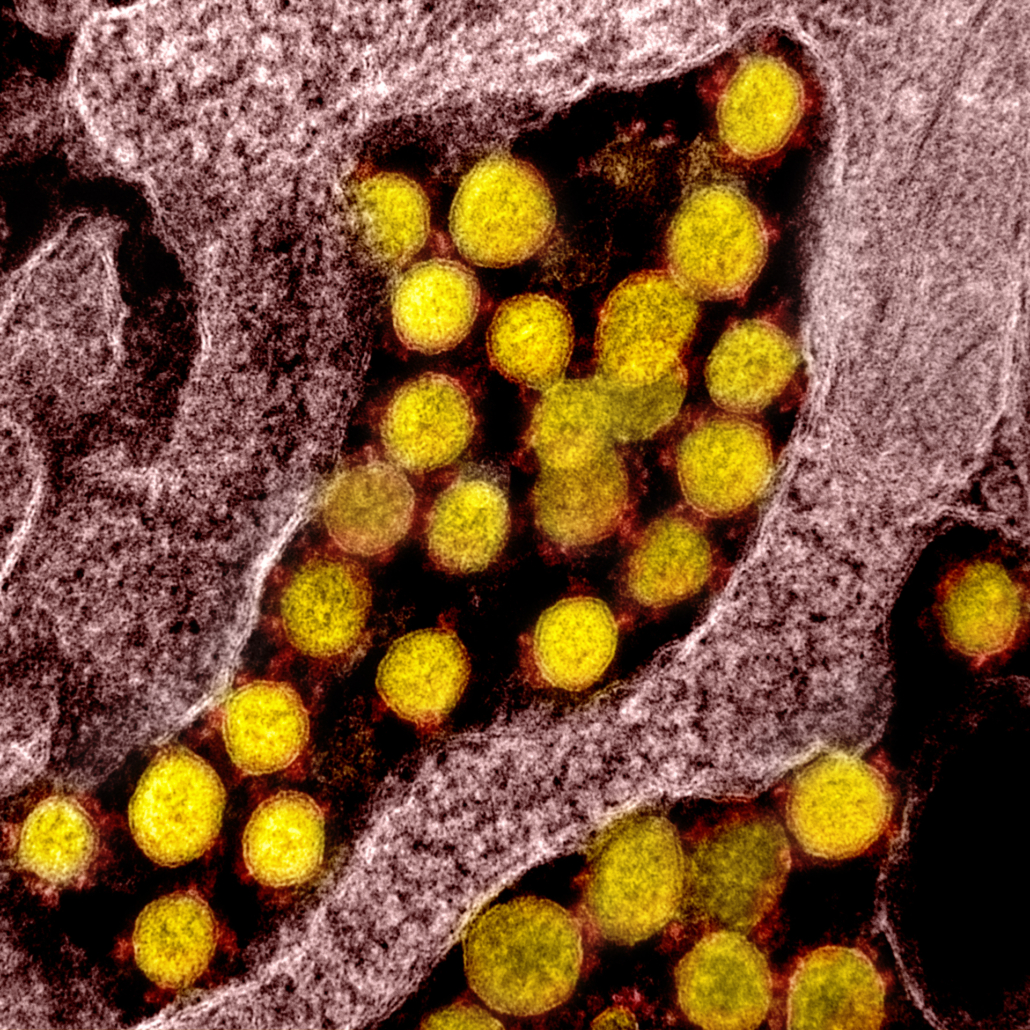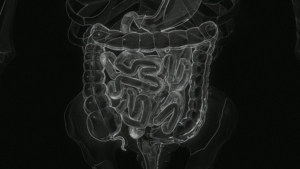
Two companies aim for 2nd-gen COVID vaccines
As rapidly spreading mutants of SARS-CoV-2 are emerging, two Tuebingen-based vaccine developers will develop multivalent COVID-19 vaccines.
As scientific papers provide hints that mutants of SARS-CoV-2 that carry the N501Y and E484K mutations are able to reproduce more rapidly as the currently dominant form, its good news that companies have announced plans to develop multivalent vaccines that might more effectively stop the spread of the new corona virus.
Today, RNA vaccination pioneer Curevac N.V. announced a deal with British pharma major GlaxoSmithKline to develop such a RNA-based vaccine against more than one viral target and make it available until somewhere in 2022 if regulatory requirements are met. GSK pays €75m upfront and €75m in potential milestones for co-commercialisation rights. Meanwhile, Curevac has partnered with CDMOs such as Rentschler Biopharma and Wacker and pharma partners such as Bayer AG and AstraZeneca that will produce its first-generation RNA vaccine CVnCoV, which is undergoing Phase II/III testing.
However, Curevac is not the only company set to develop a multivalent second-gen COVID-19 vaccine. Funded with €5m from the German Economics Ministry, Tübingen-based Prime Vector Technologies (PVT) is ready to start Phase I-trials this May with a vector vaccine targeting the viral spike protein plus its nucleocapsid protein. PVT’s cofounder and CEO Dr Ralf Amann said that he sees the vaccine, based on the proprietary Orf vector as "a fall-back option in case the current vaccines would fail". According to the company, the novel viral vector was highly effective in lab experiments and animals it induced 50 – 1.000-fold higher Spike-specific antibody titers as compared to approved COVID-19 vaccines plus strong CD4+– and CD8+– T-cell responses.
According to virologist Dr. Jakob Trimpert, who pioneered research on vaccine-driven virus evolution, it is "not a good idea to direct vaccines against only one target. "The first wave of vaccines against coronavirus to hit the market in our country is directed against parts of the virus, usually the spike protein. But of course, if you focus the immune response on just one viral protein, it doesn’t reduce the risk that changes will occur in just that viral antigen. We are currently investigating whether there are other antigens besides the spike protein against which one could target the immune response. It’s important to follow the evolution of the virus in a timely fashion and have something up our sleeve in case current vaccines are only permissive – whether it’s broader-acting second-generation vaccines that confer sterilizing immunity or drugs specific to the coronavirus and the immune response it triggers. In my view, the biggest conceivable mistake is to remain inactive and sleep through the necessary steps.
This is where we should quickly expand our options significantly."
As repurposing of existing drugs by the pharma industry has widely failed, the German government was the first in Europe to launch a funding programme on SARS-CoV-2-specific therapeutics in early January. Furthermore, German Health Minister Jens Spahn bought US-approved therapeutic antibodies that target the viral spike protein but have partly become less effective against mutants of the coronavirus. Biotech stakeholders have contacted EU Commission President Ursula von der Leyen to set up talks on how the EU may aid in speeding up the development of effective therapeutics.



 Unsplash+
Unsplash+